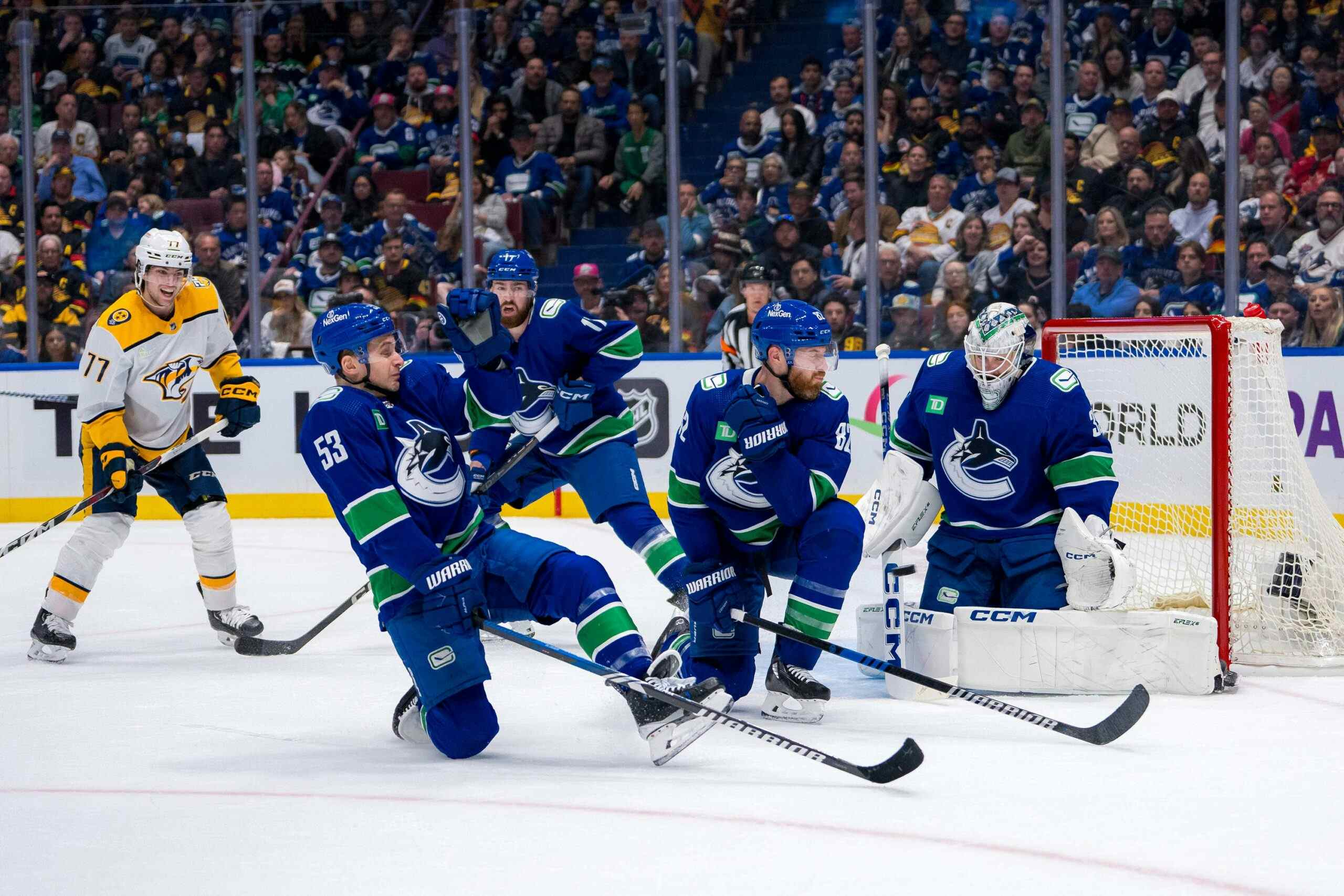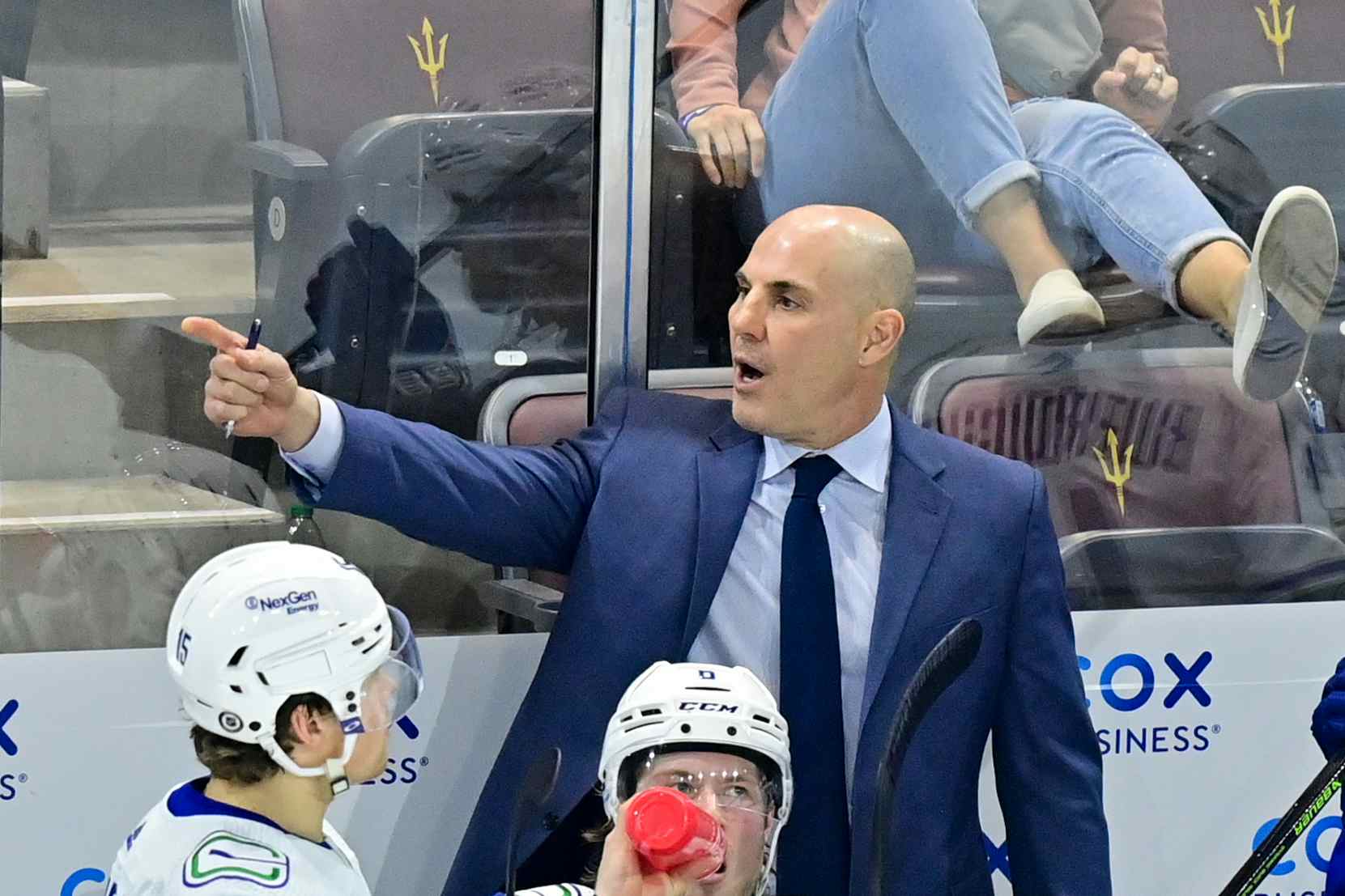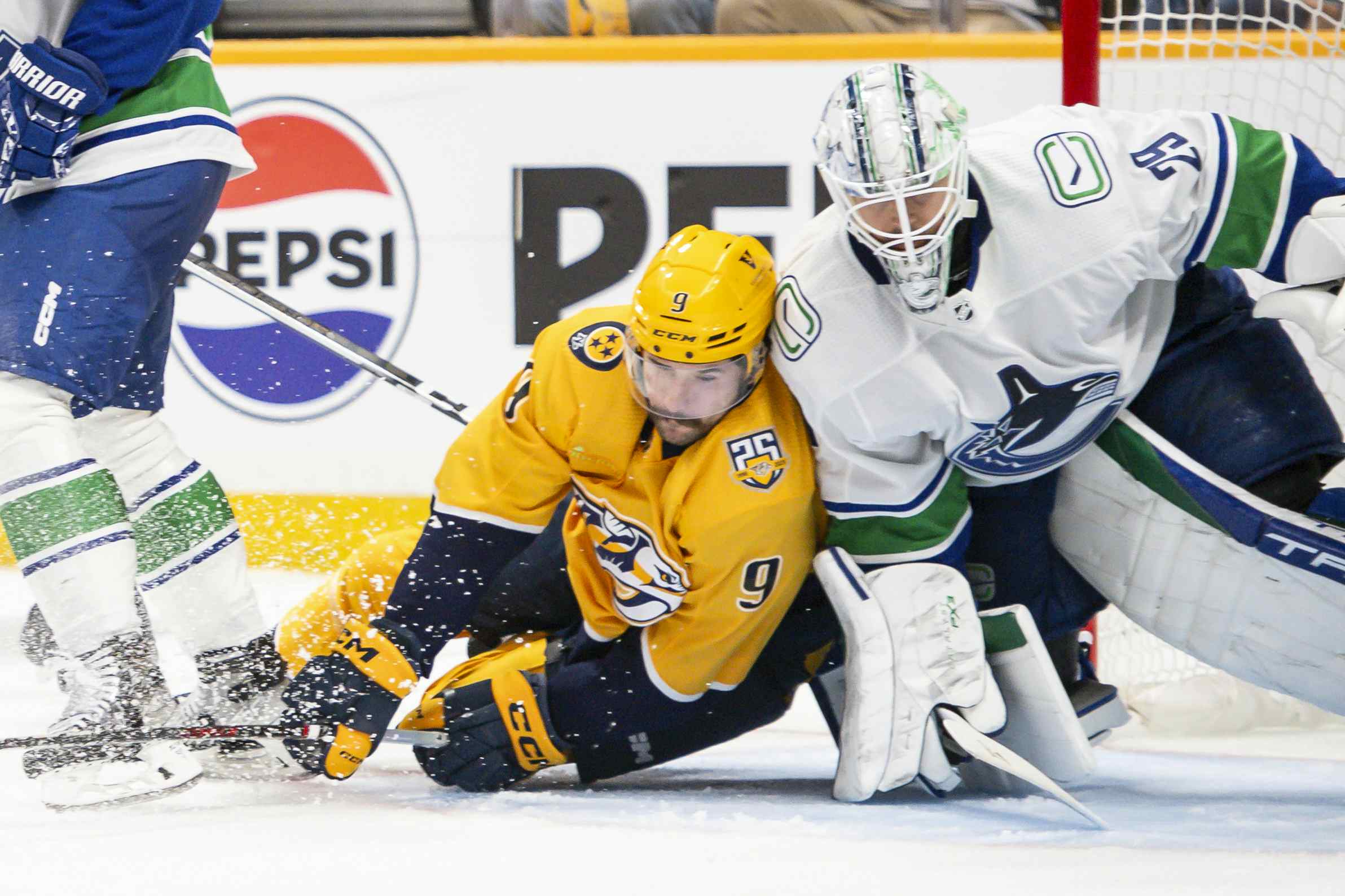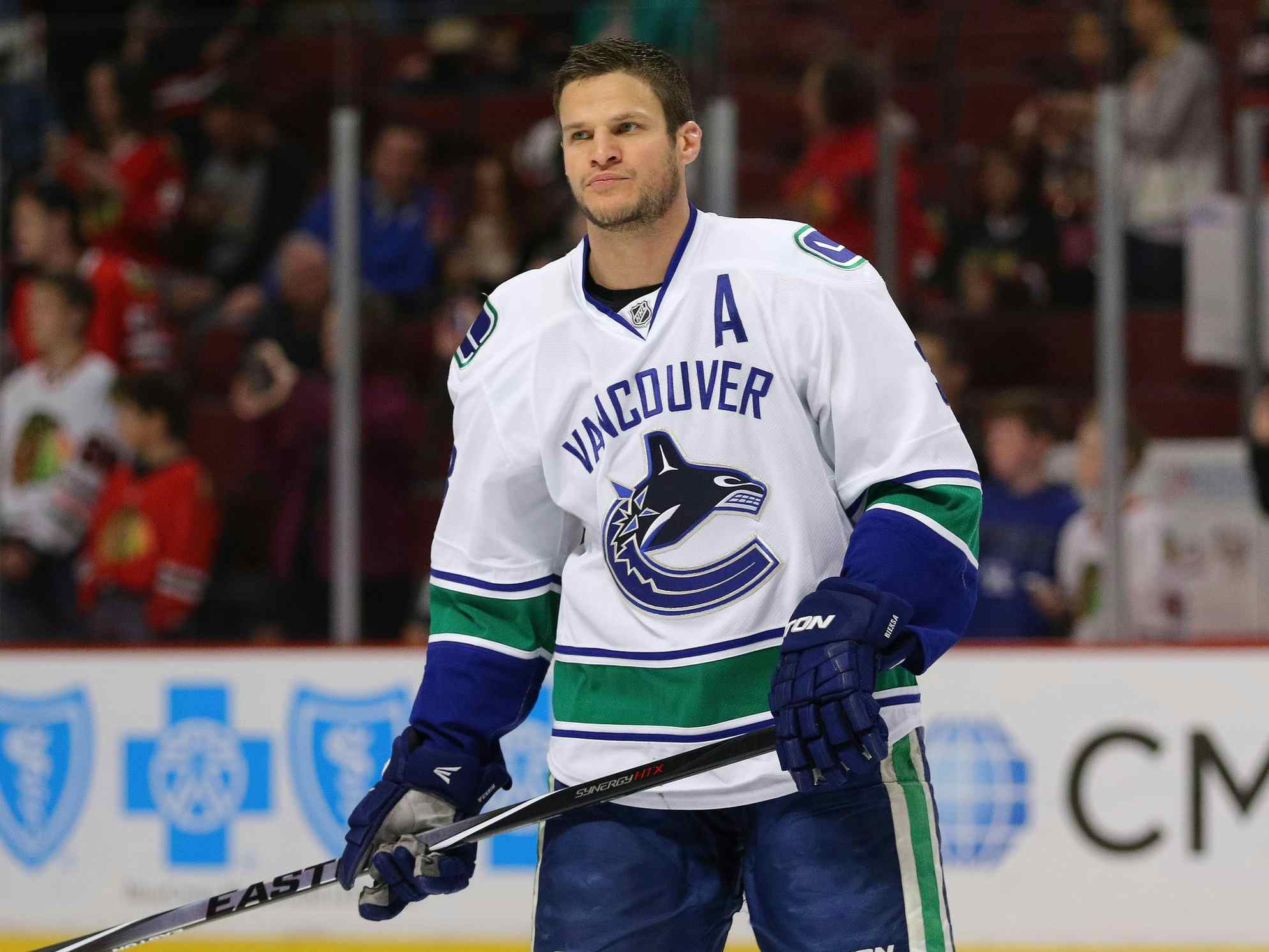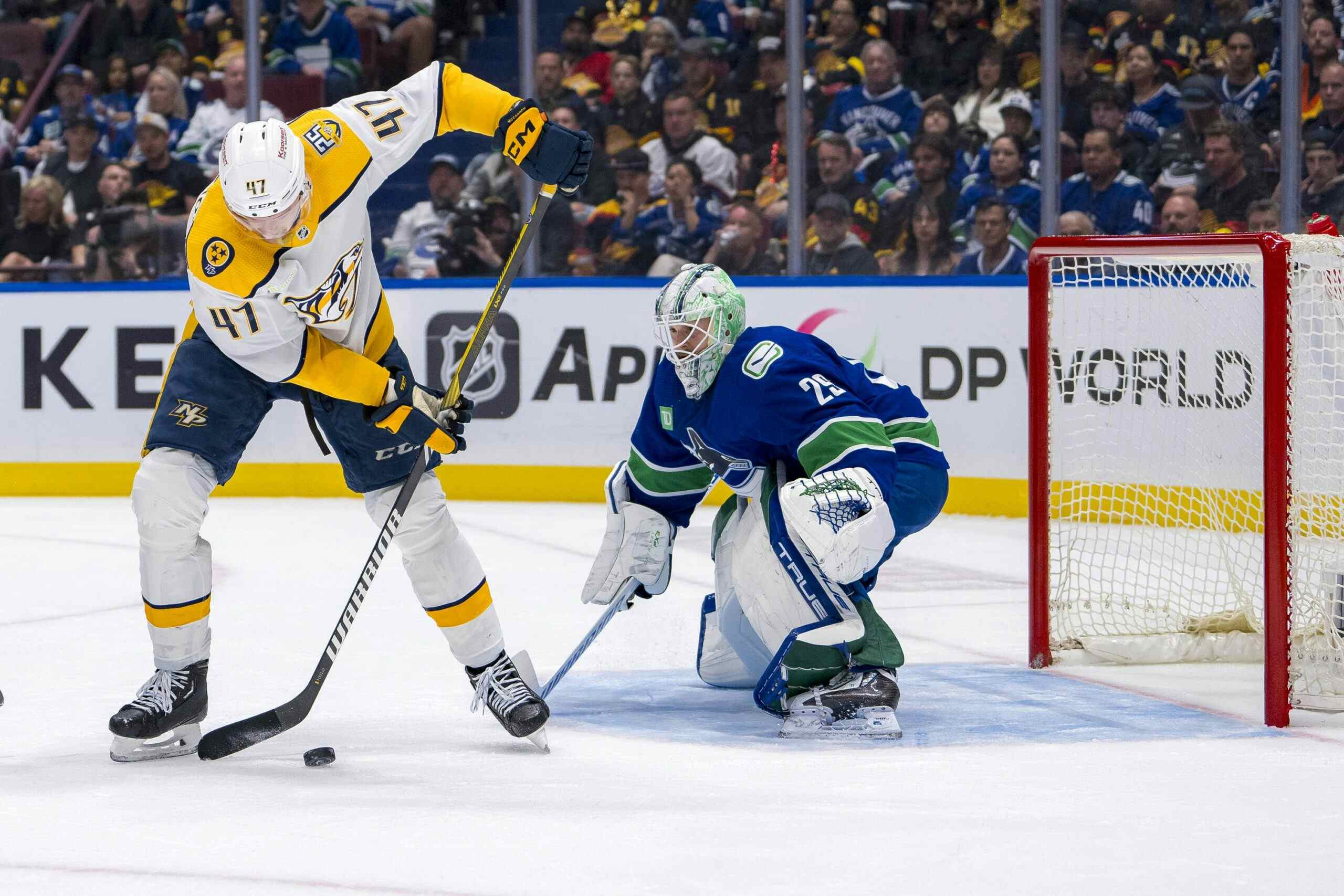Pat Quinn on the Giants, Canucks and Hockey History
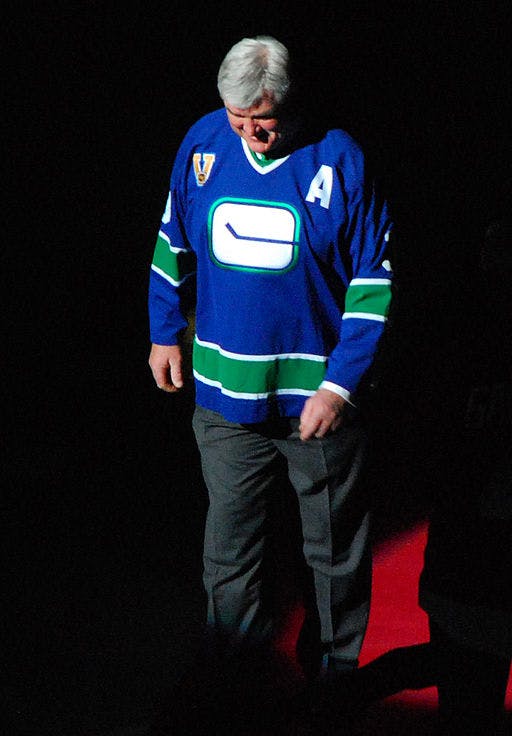
Pat Quinn being honoured four years ago at the Pacific Coliseum (photo: Sean Hagen/wikimedia commons)
The Vancouver Giants announced something of a lockout-blowout on Monday morning. The WHL Club is offering special prices for their first three home games of the season, they’ve unveiled vintage Canucks throw back jerseys and they’re being aggressive in the hopes of drawing the support of those fans who are frustrated that they can’t pay to go see their NHL heroes.
After the announcement, ex-Canucks player, coach and president (and current Giants co-owner) Pat Quinn spoke with Canucks Army about his time in management in Vancouver, his role with the Giants, his feelings on the lockout and his plans to write a book.
Click past the jump for more insight.
CanucksArmy.com: Well, you’re here, you’re an owner, but you must still have an opinion on the lockout. What are you feeling about all of this?
Quinn: Well I have a fan’s opinion, that’s what I am. I love this game.
I still have a passion for it, in so many ways; even if I’m not involved on a day-to-day basis, neither here nor with an NHL team.
You know the start of the year is exciting, you look forward to starting afresh, new plans, new people, new hopes. That’s what we build our fan base on, it’s hope. None of that’s there right now. The only hope we have is the hope that the lockout doesn’t last too long.
CA: We certainly see that frustration from fans, don’t we? That feeling of excitement – the new team, the new season – what is it you say to your fellow fans?
PQ: Be upset. The fans have always, we always talk about management. v players, but if anyone thinks there’s not a third entity here, they’re wrong because the fans are that third entity. Nobody’s speaking for them right now because, quite frankly, they’re an oversight.
All I can say to the fan is be upset, you’ll miss the game and so will I, but I’m not going to let it ruin my day. They’ll resolve it, it’s just a matter of time – it’ll take some bending, maybe on both sides, but they’ll get it done.
CA: Do you miss your days in management? You spent a long time running the show, are you happy sitting back and watching?
PQ: When it’s your life for so long – I haven’t replaced that same passion that I talked about a moment ago – you look forward to going to work every day , to helping young people be better and achieve on the ice, and hopefully to win a championship. Winning is what want to do in this business so when you don’t have an opportunity to fulfill those things…
That’s what makes us whole, a sense of importance, a sense of wanting to do something, of making a contribution every day and right now I’m not doing that.
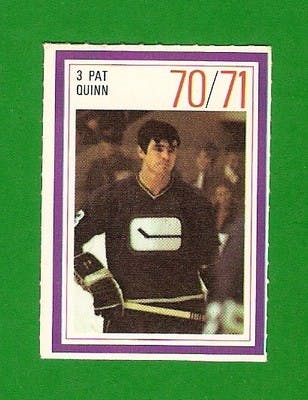
CA: What about this building here [Pacific Coliseum]? You have a long history in this building, starting off with the first team in 1970, taking over the team in ’87, then the run in ’94, is there anything that sticks out in particular?
PQ: Well I do have a lot of memories here. We built this, we made this bigger… Just before I came, they made it bigger. Our dressing room was just on the other side of this wall here, it was very small. We only had one little dressing room. We were all stuck together when I first came here. Now they have a workout room, a medical room, an office for the coaches.
I remember our opening night when we first came here, it was such a thrill to be part of a new team. I remember when we started to become a good team in the early 90s. The Russians coming – we were the first to bring Russians over. Trevor Linden, stepping in, going from just an entity into a competitor. And then a team that had a chance to win a championship, that really was a thrilling time for me.
CA: How do you see your involvement here [with the Giants], you have said you are mostly a fan, but what is that you bring to the table here?
PQ: Modestly, at the start I helped Ron [Toigo] get the franchise. He owned Tri-Cities at the time but there was a lot of resistance to Vancouver coming in. And so he came to myself and Gordie [Howe] and asked if we would support him in his efforts to bring junior hockey back to Vancouver. We both agreed to do that, we helped him, and once he accomplished what he did he offered us a position, which we took.
I made my investment and kind of hoped it would go. But junior hockey wasn’t going in the big cities. Montreal had failed, Toronto junior hockey doesn’t do so well, Edmonton had failed, so there was still some apprehension here.
Up until the first lockout, here we weren’t so successful with our fan base. But people have come to expect a good product and we plan on delivering that. I like the management here. I like how we’ve approached it. I don’t have much to do with it; I get into discussions of ethics and policy in how we want to be perceived, but that’s about it. Otherwise, I come to the games and cheer for the players and enjoy the hockey.
CA: Is that drawing from your background as a lawyer, then, in terms of the ethics?
PQ: Less to do with that legal side and more to do with trying to do things ‘right.’ Treat the players properly, look after them, make sure their billets are right, make sure the education programs are right, look after everything we can to help them do what they want to do; and that’s become good players and make their own contribution.
In the meantime we want to make things right for the people we are inviting and hoping will come and support the hockey team. It doesn’t operate on its own; our management, we’ve got to learn how to do things right. We don’t get it always right but we’re trying to make sure we’re looking after our people.
As I’ve said, that’s that third entity. Our ownership here likes to pay attention to that third entity.
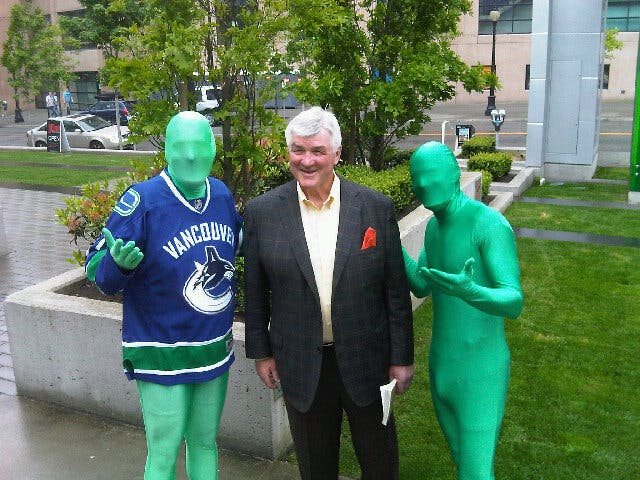
CA: When you look back on your time in management, running the Canucks, the Flyers, the Kings, the Leafs, the Oilers, it always seemed that you were very involved in making sure things were right for the players – is that something you still draw on?
PQ: I’ve always been referred to as players-sort-of-manager/coach. For me, my motivation, personally, the drive – aside from wanting to win – was to make sure I was someone who could help players be better. I always saw that as my duty to them and I approached it that way. I thought that if I paid attention to that then good things happen from there – that we’ll have a good team, we’ll attract fans to this game, and they’ll fall in love with the franchise.
When I came here, there were 7,000 people in the building and we were going out of business. We weren’t out in the community. None of that was happening. We took it upon ourselves, one: to build our hockey team, to make it better and we achieved that. Along with that, we started to get out into the community: we became more involved, started Canuck Place, also educational programs – Read to Succeed – all of those things got started under our regime. But we felt that it was our responsibility, if we were going to ask these people to support our team, we wanted to give back. I think that’s important for teams to always keep in mind.
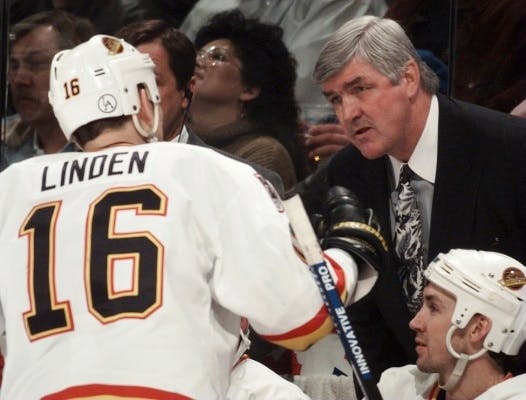
CA: Looking back on your time in Canucks management what was your toughest moment?
PQ: When they decided that they wanted to make a change here. There was a new owner, we already had knocked heads a few times, philosophically we weren’t going in the same direction, and of course when that happens, the employee goes, not the employer. They paid for a number of years after that, but in the meantime I paid too, because this is where I wanted to be.
CA: And the proudest moment?
PQ: Oh, clearly, ’94. Our team, I still know that in my heart, that team should’ve won the cup but it didn’t. In the seven game series, we were better in four games than them [the Rangers], but that just proves that there’s no way to guarantee anything. You can be the best on some given night, but there’s always something that can come up and get in the way. The fact is, in terms of what made me proud, I think that bunch of athletes there made me as proud as could possibly be.
CA: Last question: what’s next, today, this week, this month?
PQ: Well I’m going to Toronto, I’m meeting with a group tomorrow afternoon. I’m going to talk to one of the networks about a television show and maybe write a book. I’ve got a few things that are possibilities but in the meantime I’m going to enjoy hockey.
Recent articles from Patrick Johnston

